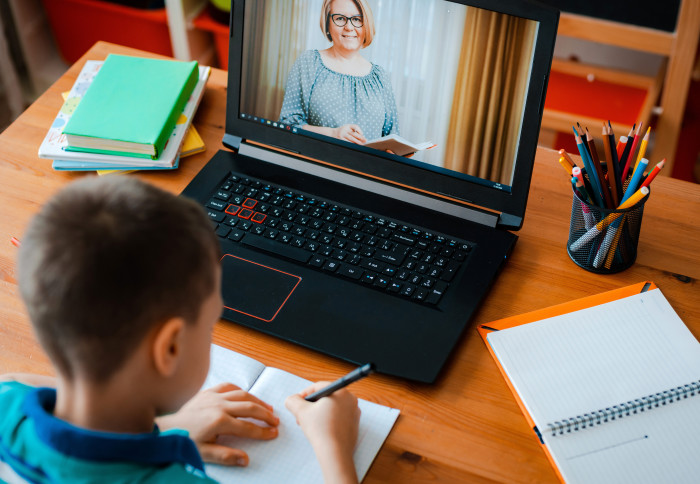Imperial and Twig join forces to contribute to UNICEF's Learning Passport

Imperial and Twig today announced a new initiative to create science content for UNICEF’s Learning Passport, a digital personalised learning platform.
Through the partnership, science content created by Imperial expert educators and created by Twig Education’s remote learning team will be available to children and young people using the Learning Passport in Jordan, Puntland (Somalia), Timor-Leste and Ukraine, with expansion to more countries expected in the coming months.
What does the Passport focus on?
The Learning Passport was initially developed by UNICEF and partners to provide quality education to displaced and refugee children and young people whose education had been disrupted due to conflict and emergencies. When COVID-19 shuttered schools for more than 90 per cent of the world’s schoolchildren, the platform underwent rapid expansion to help children access their school curriculum and other learning materials remotely.
These are integrated into a cohesive curriculum and offered on a unique online platform.

Professor Alice Gast, President of Imperial College London, said:
“We are delighted to be collaborating with Twig Education on this important UNICEF project, The Learning Passport.
"We are excited about the benefits this project will bring to those young people and educators most in need. We are honoured that Imperial College London will be part of this legacy.”
Catherine Cahn, Chief Executive of Twig Education, said:
"Last year's global climate strikes demonstrated how the next generation will use their voices and knowledge to shape the future of our planet.
"Together with UNICEF and the Learning Passport, Twig Education and

Imperial College London are honoured to provide digital STEM resources, for young people around the globe who might otherwise be excluded from this conversation.
"By democratizing science education, we can prepare every child to actively participate in our shared future. Our goal must be nothing short of global science literacy.”
Robert Jenkins, UNICEF Chief of Education, said:

“The pandemic has exposed and exacerbated a long-standing learning crisis and digital divide. The most marginalised children, who have to fight the hardest to get an education, are at greatest risk of losing it altogether. As the impact on education deepens, these partnerships are a powerful reminder that by working together we can create innovative, scalable solutions that keep children learning.”
The urgency of providing a high-quality education
With disruption due to the pandemic continuing to impact the life chances of millions of children, fostering local, national and international leaders of future generations has never been so critical.
In the UK, in response to the rise in home-schooling due to COVID-19, Imperial is offering free, online material based on the UK school curriculum.
Created through a partnership between Twig Education and Imperial College London, Reach Out Reporter and Reach Out Continuing Professional Development (CPD) are an online primary school science news service and 30 pre-prepared courses for teaching 5-11 year-olds.
Partnering with UNICEF’s Learning Passport means Imperial and Twig are now able to reach an even larger audience of primary school children in need of an accessible and high-quality STEM education.
Article text (excluding photos or graphics) © Imperial College London.
Photos and graphics subject to third party copyright used with permission or © Imperial College London.
Reporter
Murray MacKay
Communications Division